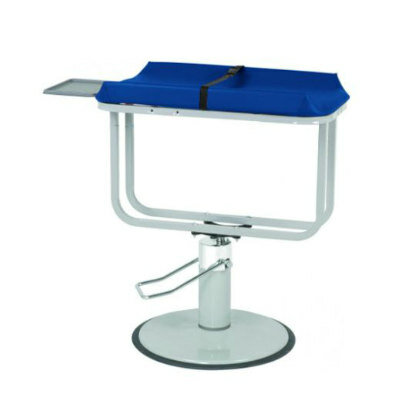HPV Vaccine Appears Safe in Early Pregnancy
By HospiMedica International staff writers
Posted on 14 Apr 2017
A new study suggests that vaccination against human papillomavirus (HPV) during pregnancy does not increase the risk of maternal or fetal complications.Posted on 14 Apr 2017
Researchers at the Danish Statens Serum Institut conducted a retrospective study of all women in Denmark who had a pregnancy that ended between October 1, 2006, and November 30, 2013. Using nationwide registers, the researchers linked data on quadrivalent HPV vaccination, adverse pregnancy outcomes, and potential confounders. Vaccinated women were matched on a 1:4 ratio with women who were not. Study outcomes included a range of gestational and newborn factors.
The results revealed 65 birth defects in vaccine-exposed pregnancies, compared to 220 in unexposed pregnancies; 20 spontaneous abortions with vaccine exposure versus 131 without; 116 preterm births versus 407; 76 cases of low birth weight versus 277; 171 cases of small size for gestational age versus 783; and two stillbirths versus four. Upon analysis, exposure to HPV vaccine was not associated with significantly higher risks for major birth defect, spontaneous abortion, preterm birth, low birth weight, small size for gestational age, or stillbirth. The study was published on March 30, 2017, in the New England Journal of Medicine (NEJM).
“Our results are consistent with other evidence that does not indicate that the vaccination of pregnant women with inactivated virus, bacterial, or toxoid vaccines generally confers a higher risk of adverse pregnancy outcomes than no such vaccination,” concluded lead author Nikolai Scheller, MD, and colleagues. “Our results also confirm and considerably expand on results from previous studies of the quadrivalent HPV vaccine.”
Introduced in 2006, the quadrivalent HPV vaccine covers the four viral strains most closely associated with gynecologic cancer (HPV-6, 11, 16, and 18). HPV types 6 and 11 also cause genital warts. As of 2014, 58 countries include HPV in their routine vaccinations for all girls around the ages of 9-13, and some countries vaccinate boys as well; the vaccines provide protection for at least eight years. Denmark also vaccinates women up to 26 years of age, and as a result some women are inadvertently exposed to HPV vaccination during early pregnancy.














